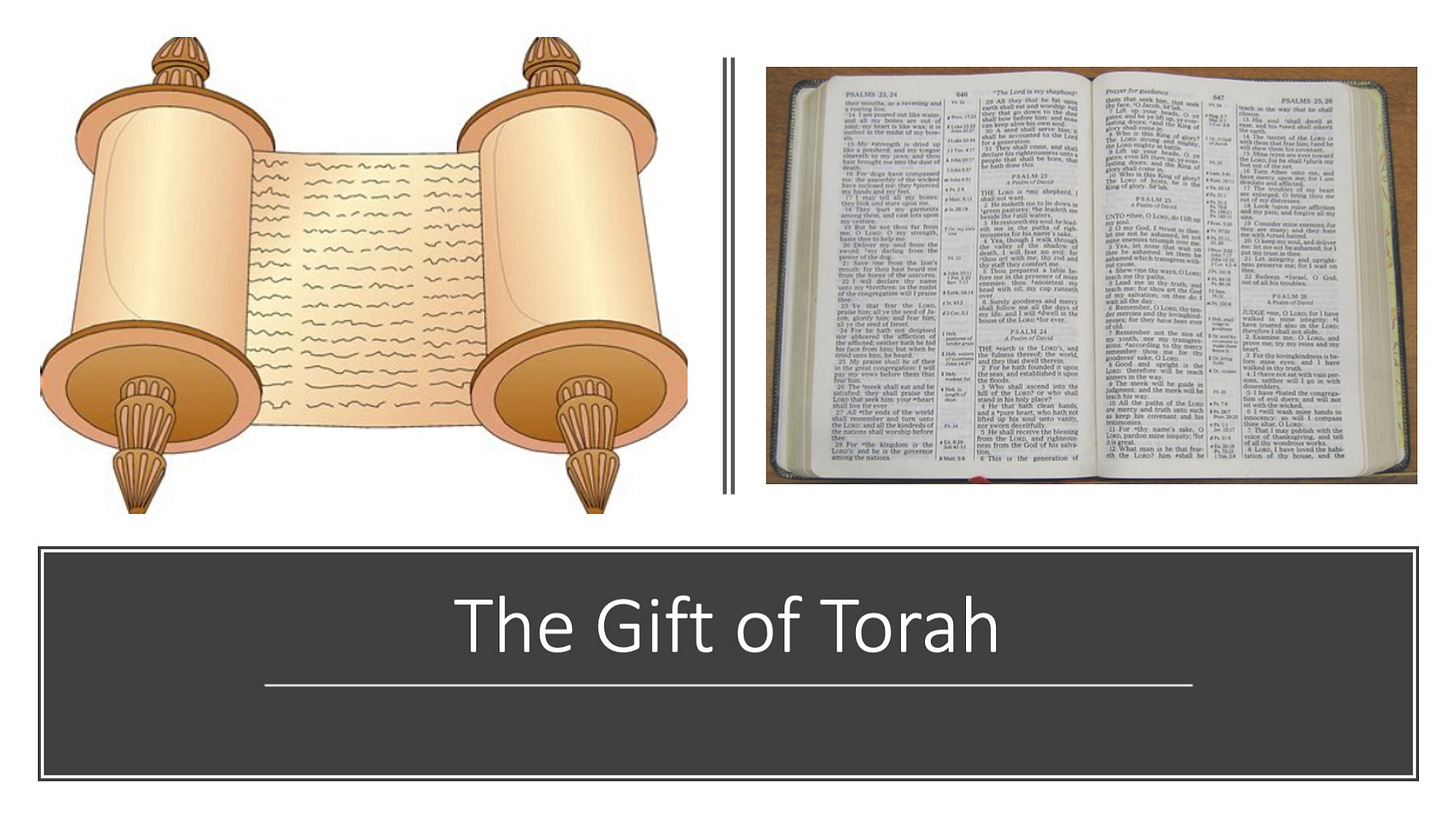Psalm 19 begins with declaring the greatness of God in creation by focusing on the sun (see Ps 19:2-7). Then, it moves into praising the Lord for the gift of the Torah - the teaching of the Lord. Can there be any connection between the gift of creation and the gift of the Torah?
The Torah begins with the story of creation (Gen 1-2) and then moves quickly into describing the undoing of that creation (Gen 3-6). The reason for this undoing was the sinfulness of humanity, and their disregard for God’s command (see Gen 2-3). What was created “very good” (Gen 1:31) turned sour due to the wickedness of human beings that “was great in the earth” (Gen 6:5). We can make a connection with our present ecological crisis that is also human-made. Could the solution then be in obedience to God’s teaching?
We all admire the beauty of nature. We also now that the energy of the sun is vital to our life. The ecological movement made us aware that the earth is our home and if we destroy it we have nowhere to go. But, our approach to God’s precepts differs from our approach to creation. If all are grateful for the gift of creation many resent God’s teaching.
The psalmist describes God’s teaching as refreshing the soul. For many people, however, God’s commandments are seen as a burden. The psalmist states that the decrees of the Lord give wisdom to the simple. The contemporary atheistic movement considers them as an obstacle to knowledge. The precepts of the Lord bring joy to the psalmist. Many people consider them outdated and boring. For the psalmist, the command of the Lord enlightens the eye. For many people in the contemporary world, God’s commandments curtail their freedom. And the idea that the fear of the Lord could be associated with wisdom is outlandish.
Many scholars consider the first part of Psalm 19 which focuses on creation (Ps 19:2-7) as having no connection with the second part which focuses on the Torah (Ps 19:8-11). Many ecological experts also do not see any connection between our ecological crisis and our lifestyle that disregards God’s commandments. But, what if we are wrong? What if the psalmist intended these two parts to stand together? What if the success of our efforts to protect our common home depends on our obedience to God’s teaching? Perhaps, we should look at God’s Torah with the appreciation of the psalmist, as God’s gift to help us live a meaningful life.




